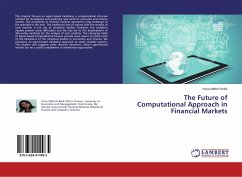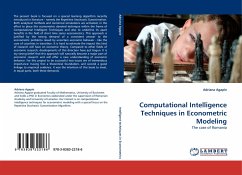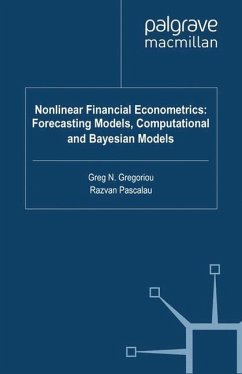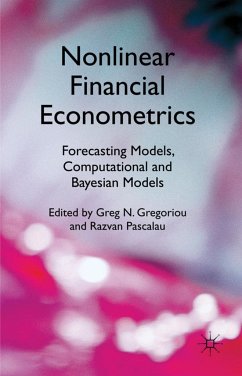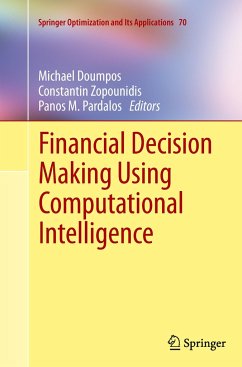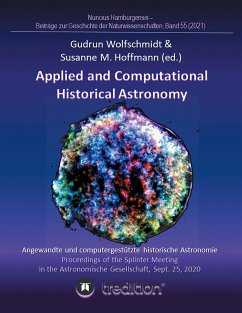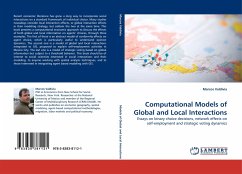
Computational Models of Global and Local Interactions
Essays on binary choice decisions, network effects on self-employment and strategic voting dynamics
Versandkostenfrei!
Versandfertig in 6-10 Tagen
39,99 €
inkl. MwSt.

PAYBACK Punkte
20 °P sammeln!
Recent economic literature has gone a long way to incorporate social interactions on a standard framework of individual choice. Many studies nowadays consider local interaction effects, or global interaction effects in their modeling strategy, but seldom the two at the same time. This book presents a computational economic approach to discuss the effects of both global and local information on agents' choices, through three examples. The first of these is an abstract model of conformity effects on agent choice, which is particularly useful to understand opinion dynamics. The second one is a mo...
Recent economic literature has gone a long way to incorporate social interactions on a standard framework of individual choice. Many studies nowadays consider local interaction effects, or global interaction effects in their modeling strategy, but seldom the two at the same time. This book presents a computational economic approach to discuss the effects of both global and local information on agents' choices, through three examples. The first of these is an abstract model of conformity effects on agent choice, which is particularly useful to understand opinion dynamics. The second one is a model of global and local interactions integrated to GIS, proposed to explain self-employment activities in Mexico City. The last one is a model of strategic voting based on global information but subject to a threshold behavior. This book should be of interest to social scientists interested in social interactions and their modeling, to anyone working with spatial analysis techniques, and to those interested in integrating agent based modeling with GIS.




